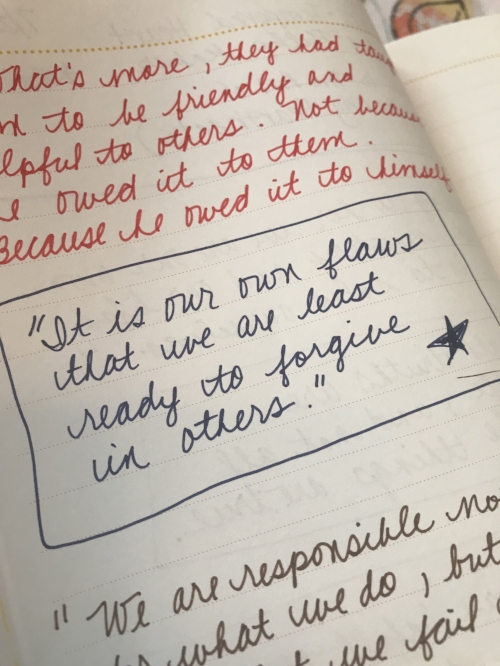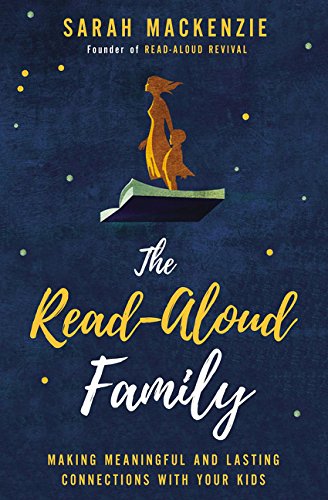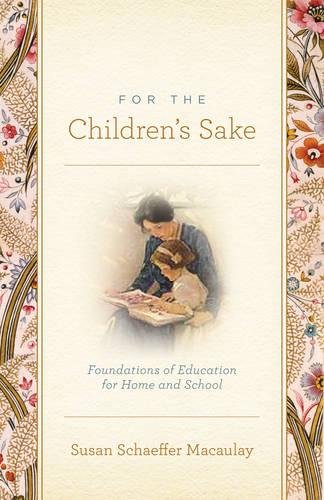Charlotte Mason might refer to journaling along the lines of "oral composition" and you can flesh that out here.
What do I mean when I talk about journaling?
Let's start with a definition so that we're all on the same page. (Don't you love a good pun?)
Journaling is essentially a record of things. It can be driven by writing prompts, emotions your're experiencing, or it can be study specific.
For our purposes (we're using Easy Summer Planning, remember?) we are going to define journaling as keeping a record. That's easy, isn't it? Yes! But- we'll be recording more than facts.
Now, let's lay down those rails.
Journaling as Research and Reasoning
With any writing endeavor, keeping a journal included, there comes reading and research. With this research comes reasoning. As children interact with the research, they use the information they have on hand (what they know), and are sometimes inspired to search for additional information (what they could know).
When we think of research, we tend to picture someone slumped over piles of books, looking for answers. We can call this search a quest for truth.
This aspect of journaling then provides two parts of a rail that build character. Diligence in the search and wisdom in distinguishing truth from error. By allowing our children the joy of searching the Scriptures as the foundation for all research and reasoning, we can further mold their character. Research grounded in truth brings wisdom.
Rail: Diligence in the search and wisdom in distinguishing truth from error.
Journaling as Relating
Once a student has gathered the facts and reasoned through them, they are called to make a decision. Note: this decision-making can also happen during the research and reasoning portion of journaling. But, it's true in either case that a decision is made on whether or not the fact studied applies to the topic at hand.
If your child is studying birds or music, they may begin with facts about the birds or information related to a composer or piece of music. They will have to make a determination if the facts at hand relate to the specific topic being studied.
This is an important process in becoming an independent learner.
For further example, let's say your student is studying a particular piece of music. During his study he comes upon information about a certain type of music written for a specific time period. The principles of music he may uncover that apply to one type of musical piece may not apply to another. He has to know when the information fits.
Journaling as relating can lay the rails of diligence, insightfulness, creativity, and logic.
Rail: Journaling as relating can lay the rails of diligence, insightfulness, creativity, and logic.
Journaling as Recording
This is what most people think of when they think of keeping a journal, the actual writing and recording. But, it can be so much more than that.
If we can think of journaling as recording not just what the student has learned, but as a way for the child to do the actual growing, we can begin to see just how much value it has.
I think of this in terms of my own life - I have been keeping a reading journal, and as I look back through my books - where I have marked things that jump out at me - there is a lot of growth happening through my journaling.
Consider a quote I journaled from A Well-Tempered Heart:
What a gift it is for our children to look back on their thoughts - what has had meaning to them - and how they have grown through their journaling.
The pages where the recording takes place are made of, in a sense, the blood, sweat, and tears of a child's growing in wisdom and stature. It's not a mere intellectual exercise. As she matures from childhood through her teens and into adulthood, so do her thoughts, her reasoning ability, and the depth of her entries.
This is such a privilege to witness as a mom. It's a true treasure. It lays down the all important rail of stick-to-it-iveness. And in life, few character traits serve us better than this one.
Often in life our success is measured in our ability to hang on longer than anyone else. When this is healthy, it shows up as "getting the job done" and "going the extra mile" - qualities that show our character to the world.
Rail: Journaling as recoding lays down the all important rail of stick-to-it-iveness.
For Easy Summer Learning
These rails aren't difficult., but they are deep. They aren't complicated, but they do require commitment. But, this deep commitment will pay big dividends during your school year and during the rest of your student's life.
This post is part of the series Laying Down The Rails in Your Homeschool.





















